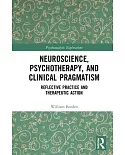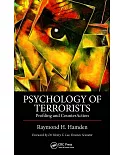John Staddon has devoted his long and distinguished career to the study of the adaptive function and mechanisms of learning. He did his graduate work at the famous Skinner Lab at Harvard in the
early 1960s (supervised by Richard Herrnstein, who did his doctoral work with B. F. Skinner), but his work can be characterized as theoretical behaviorism. Staddon, now at Duke University,
believes that experimental analysis is never enough to make sense of behavior and that "theoretical imagination" is also required. Staddon's theoretical imagination has distinguished his work
over the years and has influenced the field. Staddon is not afraid to deviate from the norm: when psychologists were maintaining their distance from behavioral psychology, Staddon was promoting
optimality theories. Optimality theories in psychology are now commonplace. In this volume, Staddon's colleagues and former students discuss topics that have been important in his work:
behavioral ability and choice, memory, time and models (the subject of his work at Harvard), and behaviorism. They also reflect on Staddon's influence on their own work and the evolution of
their thinking on these topics.
Contributors:
Giulio Bolacchi, Daniel T. Cerutti, Mircea Ioan Chelaru, J. Mark Cleaveland, Robert H. I. Dale, Rebecca A. Dixon, Valentin Dragoi, Stephen Gray, Jennifer J. Higa, John M. Horner, Nancy K.
Innis, Mandar S. Jog, Richard Keen, John E. Kello, Eric Macaux, Armando Machado, John C. Malone, Jr., Kazuchika Manabe, Susan R. Perry, Alliston K. Reid.





















